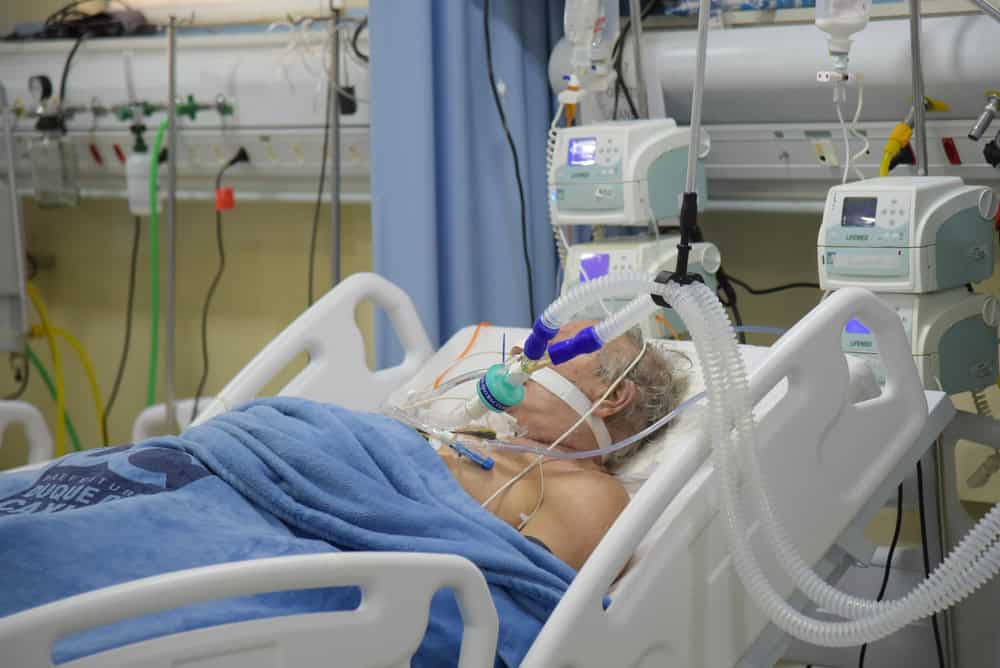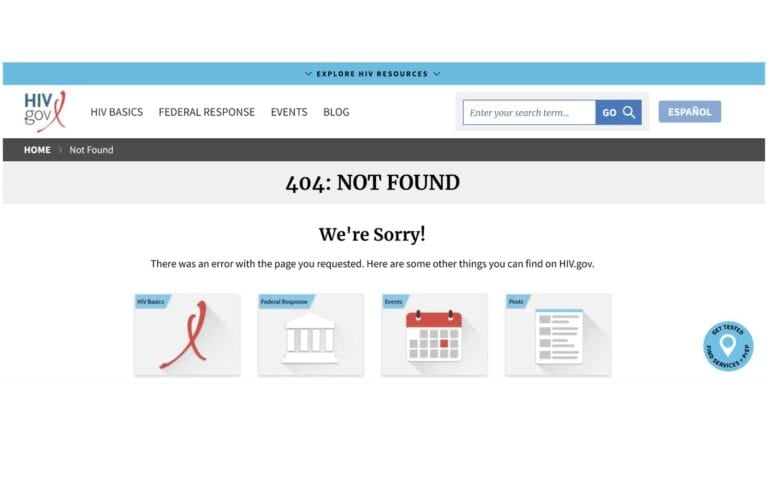Hypertension Risk: Early Signs Of This Silent Killer
Hypertension, commonly known as high blood pressure, is often referred to as the “silent killer.” This term underscores its insidious nature; the condition frequently develops without noticeable symptoms, yet it poses significant risks to overall health. Affecting nearly half of adults in the United States, hypertension is a major public health concern worldwide. This article explores what hypertension is, its causes, symptoms, complications, and strategies for prevention and management.
What is Hypertension?

Blood pressure measures the force of blood against the walls of arteries as the heart pumps. It is recorded as two numbers: systolic pressure (the force when the heart beats) over diastolic pressure (the force when the heart rests between beats). A normal reading is typically around 120/80 mmHg. Hypertension occurs when this pressure consistently exceeds normal levels, specifically a reading of 130/80 mmHg or higher.
Types of Hypertension

- Primary (Essential) Hypertension: This is the most common type, developing over time without a known cause. It is influenced by genetic factors, aging, and lifestyle choices.
- Secondary Hypertension: This form is caused by an underlying condition such as kidney disease, hormonal imbalances, or certain medications. Treating the root cause often resolves secondary hypertension.
Causes and Risk Factors

Several factors increase the likelihood of developing hypertension:
- Age: Blood pressure tends to rise with age as arteries lose elasticity.
- Family History: Genetics play a role, making some individuals predisposed.
- Lifestyle: Poor dietary habits, lack of exercise, obesity, smoking, and excessive alcohol consumption are significant contributors.
- Chronic Conditions: Diabetes, kidney disease, and sleep apnea can elevate risk.
- Stress: Chronic stress may lead to temporary or sustained increases in blood pressure.
Symptoms

Hypertension is often symptomless, which is why regular check-ups are vital. When symptoms do occur, they may include:
- Headaches
- Dizziness
- Shortness of breath
- Nosebleeds
- Chest pain
However, these symptoms typically appear only when blood pressure reaches dangerously high levels, known as a hypertensive crisis.
Complications of Untreated Hypertension

If left unmanaged, hypertension can lead to severe health problems, including:
- Cardiovascular Diseases: High blood pressure strains the heart, increasing the risk of heart attacks, heart failure, and strokes.
- Kidney Damage: Hypertension can impair kidney function, potentially leading to chronic kidney disease.
- Vision Loss: Damage to blood vessels in the eyes (hypertensive retinopathy) may result in vision problems or blindness.
- Cognitive Decline: Long-term hypertension has been linked to an increased risk of dementia and cognitive impairment.
Diagnosing Hypertension

A blood pressure measurement is the primary method for diagnosing hypertension. Multiple readings taken over time provide a more accurate diagnosis. In some cases, doctors may recommend 24-hour ambulatory blood pressure monitoring to assess variations throughout the day.
Prevention and Lifestyle Modifications

While some risk factors, such as age and genetics, are uncontrollable, many lifestyle changes can help prevent or manage hypertension:
- Healthy Diet: Adopting the Dietary Approaches to Stop Hypertension (DASH) diet emphasizes fruits, vegetables, whole grains, lean proteins, and low-fat dairy. Reducing sodium intake to less than 2,300 mg per day (or ideally 1,500 mg) is also crucial.
- Regular Exercise: Engaging in moderate physical activity, such as brisk walking, for at least 150 minutes per week can significantly lower blood pressure.
- Weight Management: Losing even a small amount of weight can help reduce hypertension in overweight individuals.
- Limit Alcohol and Quit Smoking: Reducing alcohol intake and eliminating smoking can improve heart health and lower blood pressure.
- Stress Management: Practices such as meditation, deep breathing, and yoga can help manage stress and its effects on blood pressure.
Medical Treatments

For many, lifestyle changes alone may not suffice. Medications are often prescribed to control hypertension effectively. Common drug classes include:
- Diuretics: Help eliminate excess sodium and water from the body.
- ACE Inhibitors: Relax blood vessels by blocking the formation of a hormone that narrows them.
- Calcium Channel Blockers: Prevent calcium from entering heart and blood vessel cells, reducing blood pressure.
- Beta Blockers: Lower the heart rate and the heart’s workload.
It’s essential to follow a healthcare provider’s recommendations, as stopping medication abruptly can lead to severe complications.
Monitoring and Long-Term Management

Managing hypertension is a lifelong commitment. Regular monitoring, whether at a clinic or using a home blood pressure device, helps track progress and ensures that interventions are effective. It is also important to:
- Maintain open communication with healthcare providers.
- Adjust medications as needed under medical supervision.
- Stay informed about hypertension and its management.
The Role of Public Health

On a broader scale, public health initiatives aim to reduce hypertension prevalence by promoting awareness, encouraging healthy behaviors, and improving access to care. Community programs that support exercise, healthy eating, and smoking cessation are vital tools in combating this widespread condition.
Hypertension in Special Populations

Certain groups face unique challenges:
- Pregnant Women: Hypertension during pregnancy can lead to preeclampsia, a dangerous condition requiring careful management.
- Elderly Individuals: Blood pressure targets may differ for older adults, and treatment plans should balance benefits with the potential risks of medication side effects.
- Racial and Ethnic Groups: Hypertension disproportionately affects African Americans, highlighting the need for tailored prevention and treatment strategies.
Future Directions in Hypertension Research

Advancements in medical technology and research are improving our understanding of hypertension. Emerging areas include:
- Genetic Studies: Identifying genetic markers associated with hypertension may lead to personalized treatments.
- Wearable Technology: Devices that monitor blood pressure continuously could revolutionize hypertension management.
- New Medications: Innovative drugs with fewer side effects are under development to enhance treatment options.
Conclusion

Hypertension is a pervasive and potentially deadly condition, but it is also highly preventable and manageable. Awareness, early detection, and a commitment to healthy lifestyle choices are the first steps in reducing its impact. By working together—individuals, healthcare providers, and public health organizations—we can combat the silent killer and improve overall health outcomes.
Dying From COVID-19: Are You Still At Risk?

According to recent data from the Centers for Disease Control and Prevention (CDC), COVID-19 deaths have significantly decreased, dropping from the fourth leading cause of death in the U.S. in 2022 to the tenth in 2023. Despite this decline, certain populations remain more vulnerable to severe outcomes, including older adults, those with underlying health conditions, and unvaccinated individuals.
READ: Dying From COVID-19: Are You Still At Risk?
Join Us

Join us on this empowering journey as we explore, celebrate, and elevate “her story.” The Queen Zone is not just a platform; it’s a community where women from all walks of life can come together, share their experiences, and inspire one another. Welcome to a space where the female experience takes center stage. Sign up for our newsletter so you don’t miss a thing, Queen!






